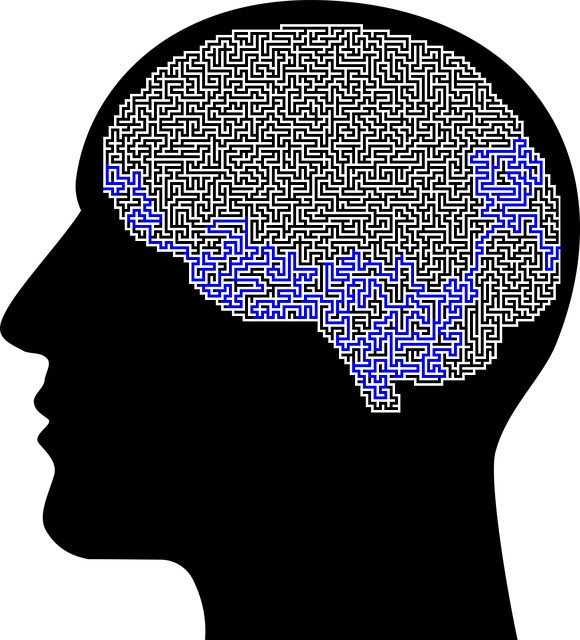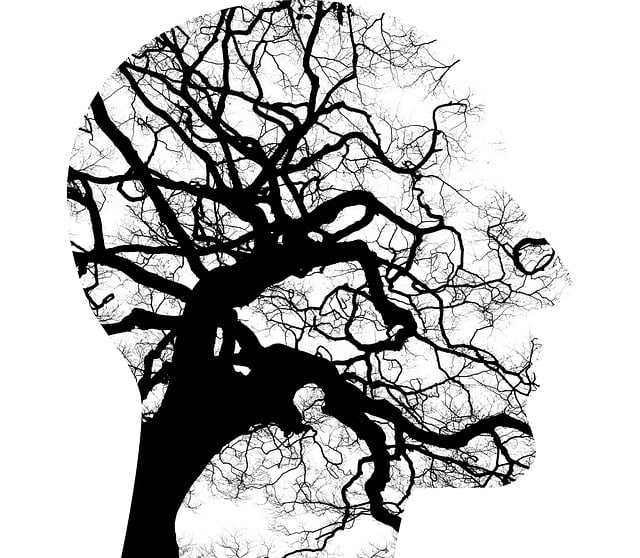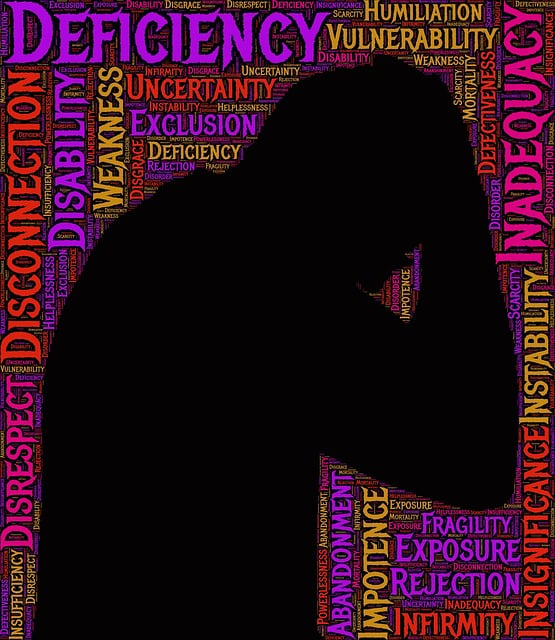Trauma significantly impacts young children's emotional development, necessitating understanding and early intervention. Specialized therapy, such as grief counseling, plays a critical role in mitigating trauma effects through age-appropriate techniques like storytelling and art therapy. Building supportive systems including family care, community networks, professional therapy, and public awareness campaigns is crucial for recovery. Accessing trauma support services, including child-centered counseling and effective self-care for professionals, empowers young individuals to process losses and develop healthy coping mechanisms, ensuring long-term emotional well-being.
Trauma support services are vital in ensuring the healthy development of young children. This article delves into the multifaceted approach to healing from trauma, exploring key aspects such as understanding its impact on children and the role of therapy. We discuss grief counseling, a delicate yet powerful process, and building resilient support systems within families, communities, and professional networks. Additionally, we provide guidance on accessing and navigating trauma support services, emphasizing the importance of therapy for young children’s emotional well-being.
- Understanding Trauma and Its Impact on Young Children
- The Role of Therapy in Supporting Child Emotional Well-being
- Grief Counseling for Kids: A Delicate yet Powerful Process
- Building Resilient Support Systems: Family, Community, and Professionals
- Accessing and Navigating Trauma Support Services
Understanding Trauma and Its Impact on Young Children

Trauma, a profound and lasting impact on an individual’s emotional and psychological well-being, can profoundly affect young children. This is especially true when they experience or witness traumatic events, such as abuse, neglect, or natural disasters. Understanding trauma in this vulnerable population is paramount in ensuring their healthy development. Young children may exhibit various responses to trauma, including anxiety, depression, and behavioral issues, which can persist if left unaddressed.
Early intervention through specialized therapy for young children, like grief counseling, plays a pivotal role in mitigating the effects of trauma. Grief counseling tailored for kids helps them process their emotions, providing a safe space to express their feelings and fears. By incorporating stress management techniques into these sessions, therapists empower young clients with tools to cope with anxiety and promote positive thinking. Moreover, raising public awareness about trauma’s impact on children through campaigns can foster a supportive environment, encouraging early identification and access to appropriate care.
The Role of Therapy in Supporting Child Emotional Well-being

Therapy plays a pivotal role in fostering the emotional well-being of young children who have experienced traumatic events. Child therapy, often facilitated by mental health professionals specialised in working with kids, provides a safe and nurturing environment for them to process their emotions and experiences. Through various therapeutic techniques, such as play therapy or grief counselling, therapists help children make sense of their feelings, build coping strategies, and develop inner strength.
Early intervention through therapy is crucial, as it can mitigate the long-term effects of trauma on a child’s mental health. By teaching emotional regulation skills and helping them express themselves, therapy empowers young individuals to navigate challenging situations more adaptively. This support is especially vital for children who have experienced complex trauma, loss, or sudden changes in their lives, ensuring they receive the care needed to thrive and develop resilient coping mechanisms.
Grief Counseling for Kids: A Delicate yet Powerful Process

Grief Counseling for kids is a specialized yet vital aspect of trauma support services, designed to help young individuals process and cope with loss. This delicate process recognizes that children’s understanding of grief differs from adults, requiring unique approaches tailored to their age and developmental stage. Through interactive and engaging techniques, therapists facilitate self-awareness exercises that enable children to express and manage their emotions effectively. By incorporating activities like storytelling, art therapy, and play, counselors help them find healthy outlets for their feelings, fostering a sense of security and emotional regulation in the face of profound loss.
The counseling process is carefully crafted to build resilience, offering anxiety relief through structured yet supportive environments. It equips young clients with essential coping strategies, allowing them to navigate complex emotions and develop healthier attachment styles. By addressing their specific needs, this form of therapy empowers kids to share their stories, understand their experiences, and ultimately heal from the profound impact of grief.
Building Resilient Support Systems: Family, Community, and Professionals

Building resilient support systems is a cornerstone in trauma recovery, especially for young children. Family plays a pivotal role by providing a safe haven where children can express their emotions freely and receive unconditional love. Through consistent care and understanding, families can foster an environment that promotes healing and resilience. Community networks also contribute significantly, offering peer support and practical assistance, which enhances the overall well-being of trauma survivors.
In addition to family and community support, professional therapy services are indispensable. Grief counseling for young children, for instance, helps them process their losses and develop healthy coping mechanisms. Professionals equipped with specialized training in trauma care can provide effective interventions, such as cognitive-behavioral therapy, to manage symptoms like anxiety relief and enhance the child’s ability to navigate challenging situations. Integrating self-care practices into these support systems is equally vital for maintaining stability and preventing caregiver burnout. Public awareness campaigns development further ensures that resources and understanding of trauma support are accessible to all.
Accessing and Navigating Trauma Support Services

Accessing trauma support services is a vital step in the healing process for individuals who have experienced traumatic events. For young children, this can be particularly challenging as they may struggle to express their emotions verbally. This is where specialized therapy, such as play therapy or child-centered counseling, comes into play. These therapeutic approaches utilize non-verbal communication methods, allowing children to process and release their trauma through art, music, or play. By creating a safe and nurturing environment, mental health professionals can help young clients explore and understand their feelings, fostering resilience and emotional well-being.
Navigating these services requires clear communication strategies between families, caregivers, and healthcare providers. Effective self-care practices for mental health professionals are also essential to ensure they can provide the best care. This includes risk management planning to mitigate potential secondary trauma and burnout. By prioritizing their own mental health, therapists can maintain a consistent presence, offering crucial support and guidance to those in need, especially when dealing with sensitive issues like grief counseling.
Trauma support services play a pivotal role in nurturing the emotional well-being of young children. By integrating therapy, grief counseling, and robust support systems, we can create a resilient environment that helps children recover from traumatic experiences. Understanding the impact of trauma and accessing available resources is essential to ensuring every child receives the care they need for a healthy and fulfilling future. Through concerted efforts from families, communities, and professionals, we can make significant strides in supporting young minds and fostering their resilience.














